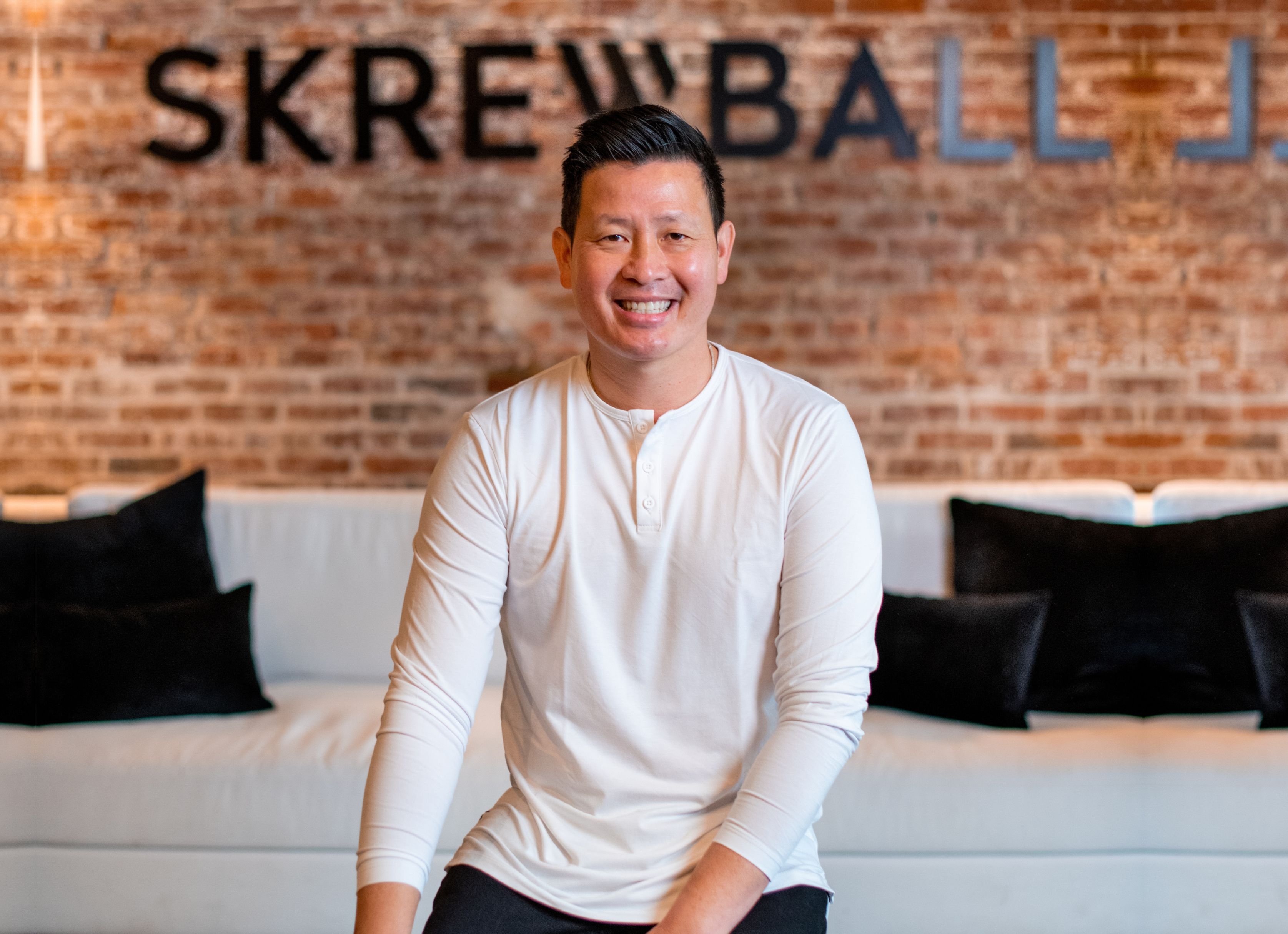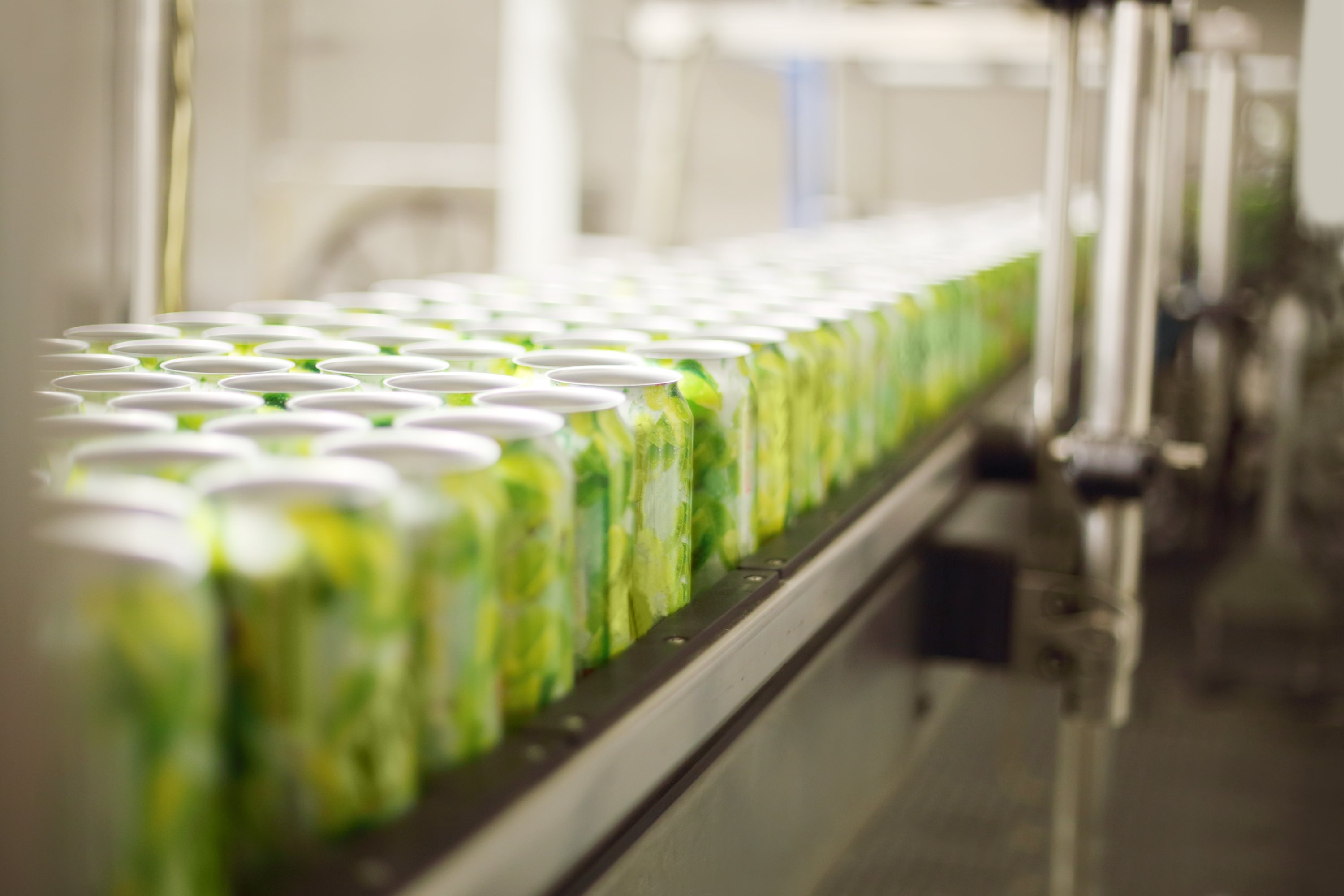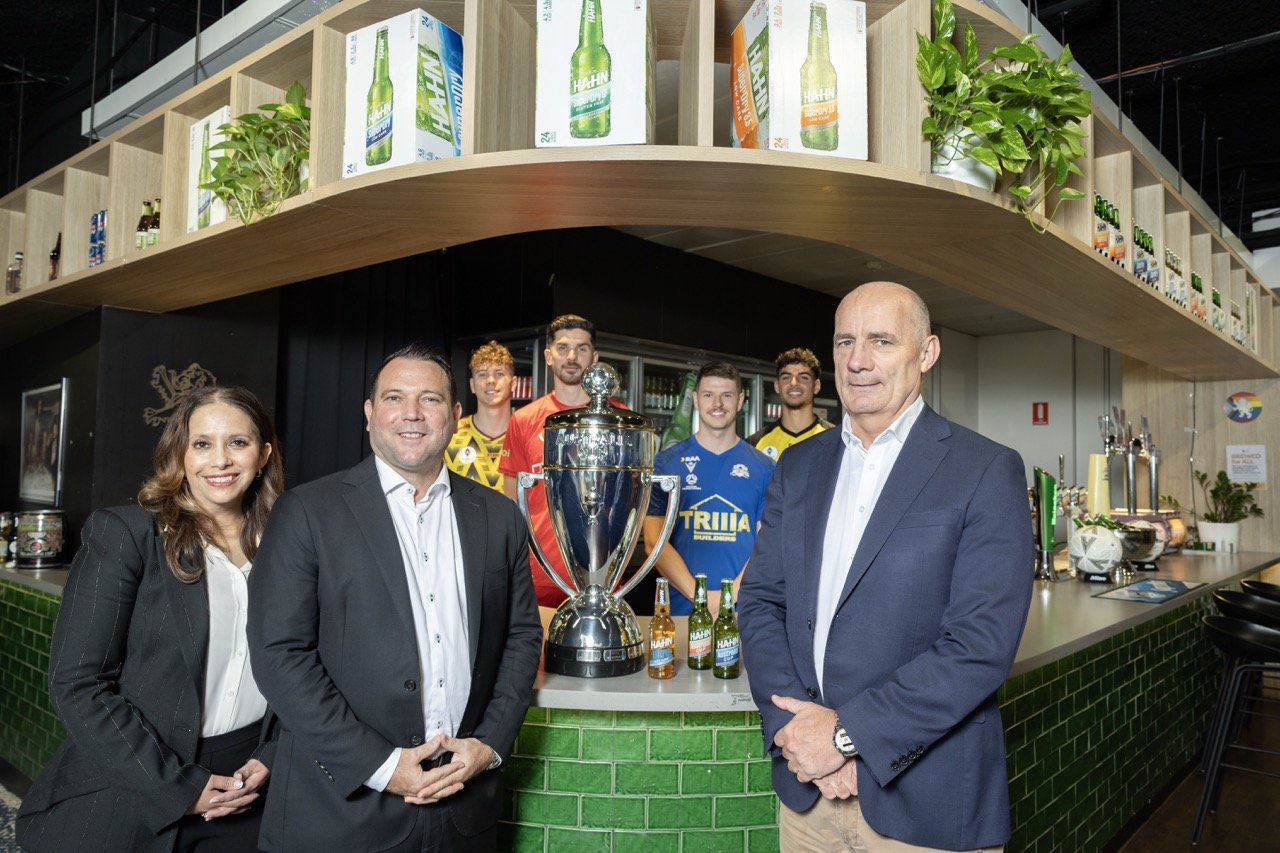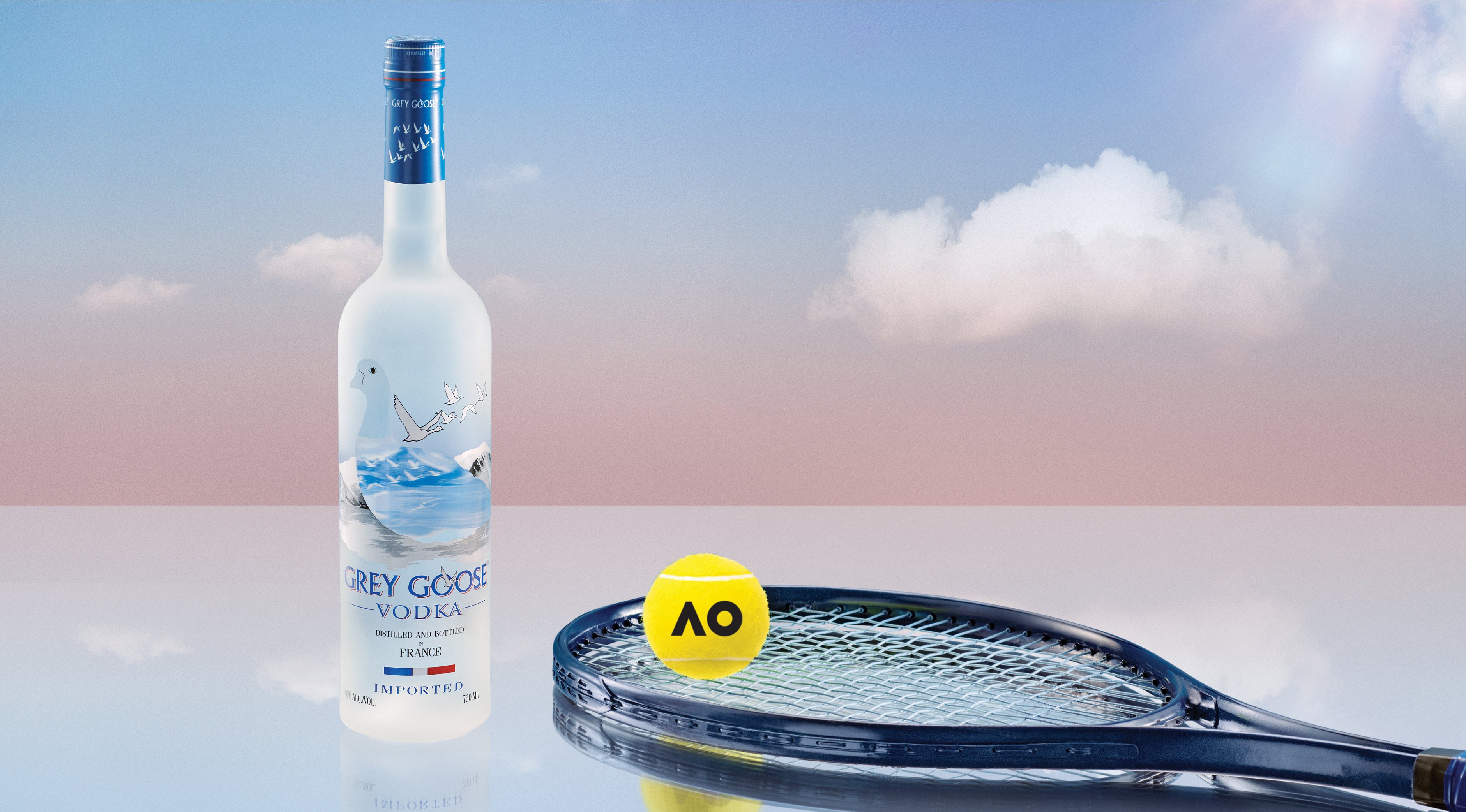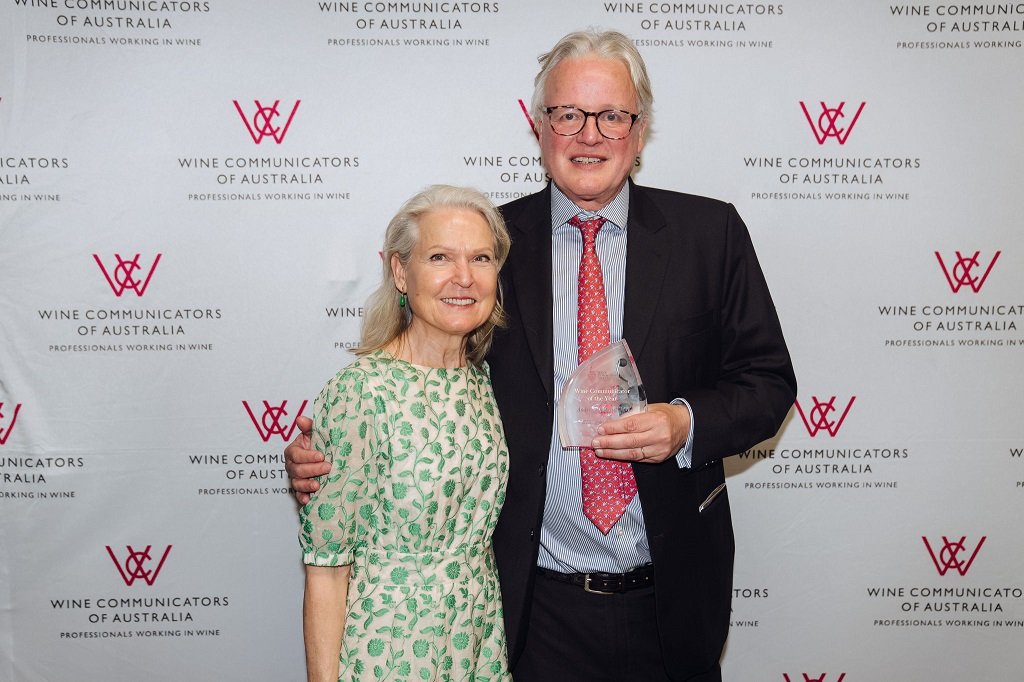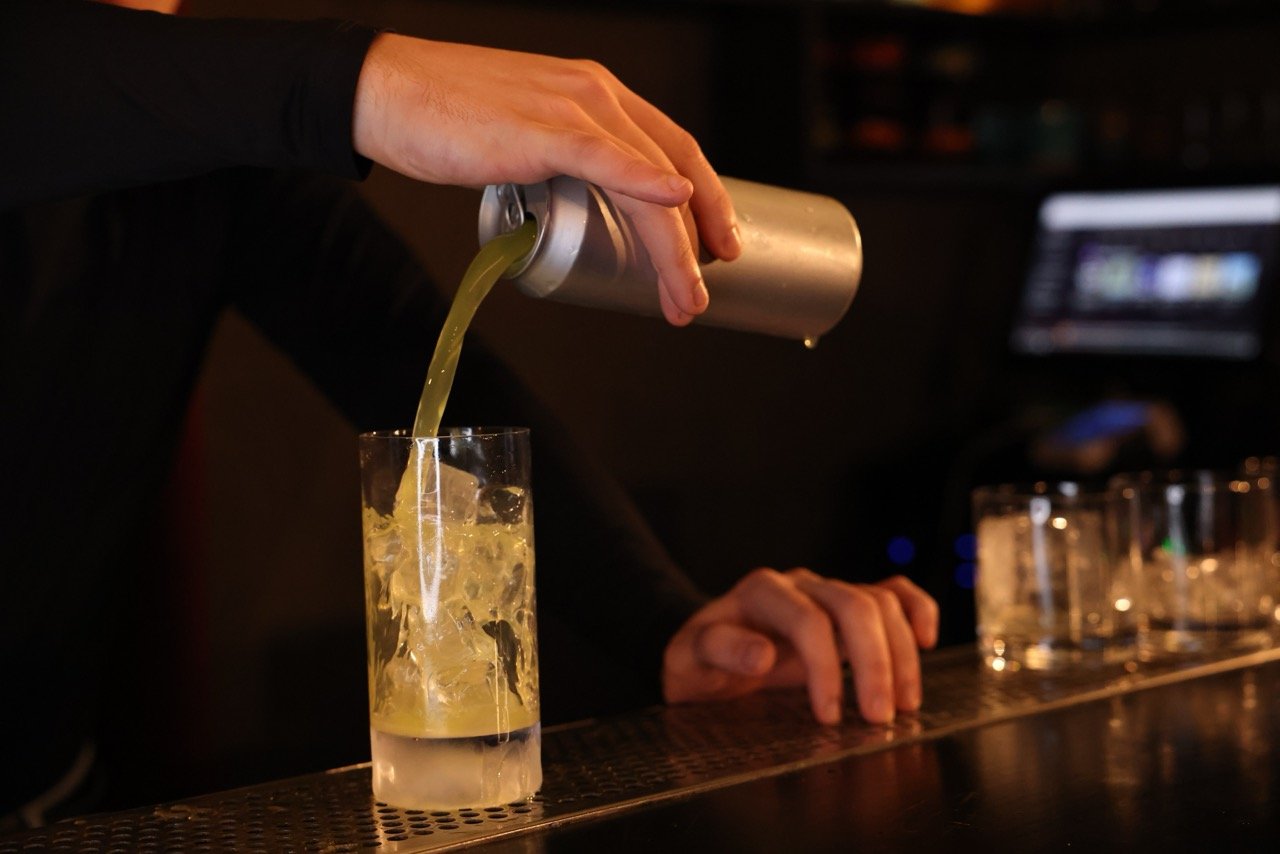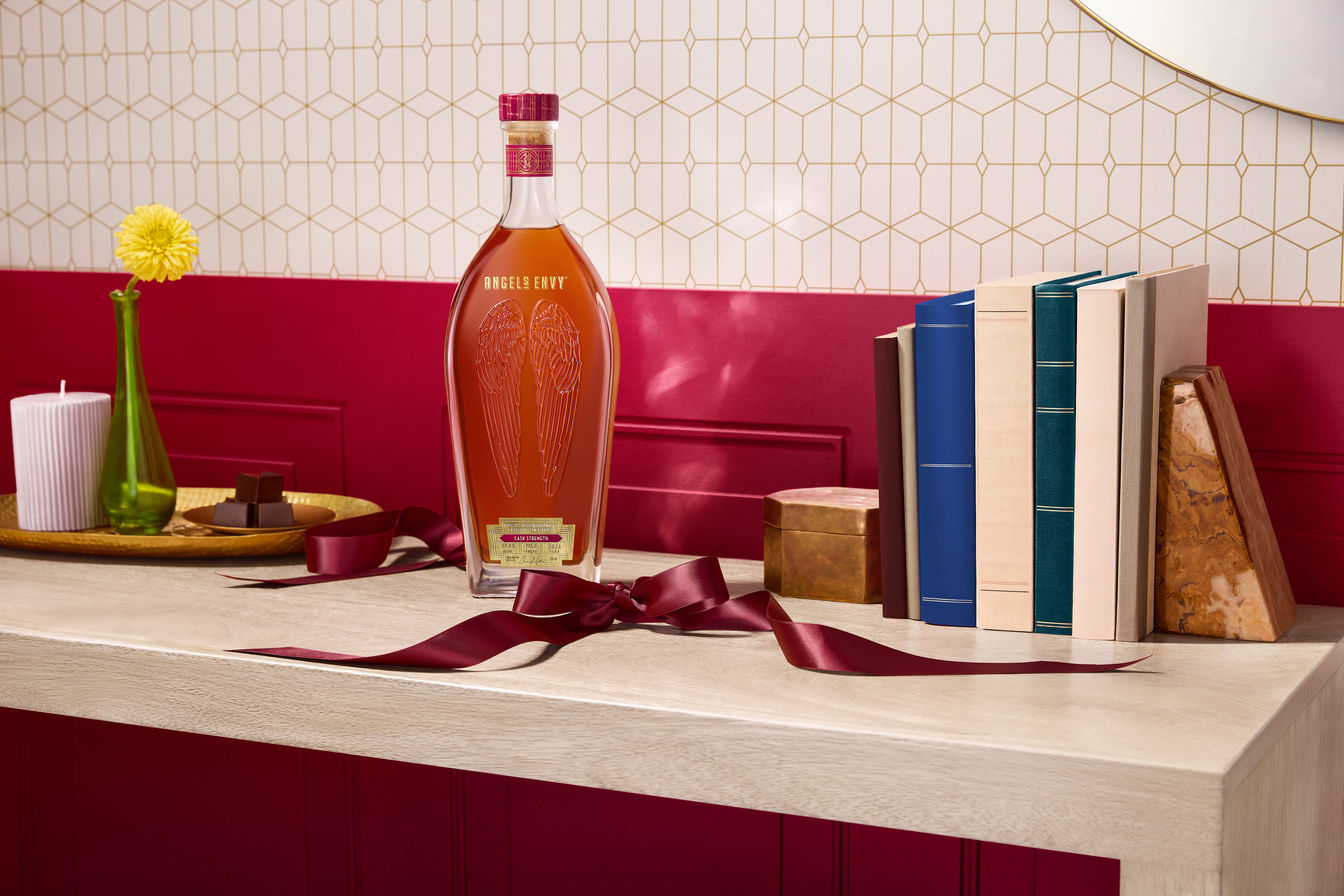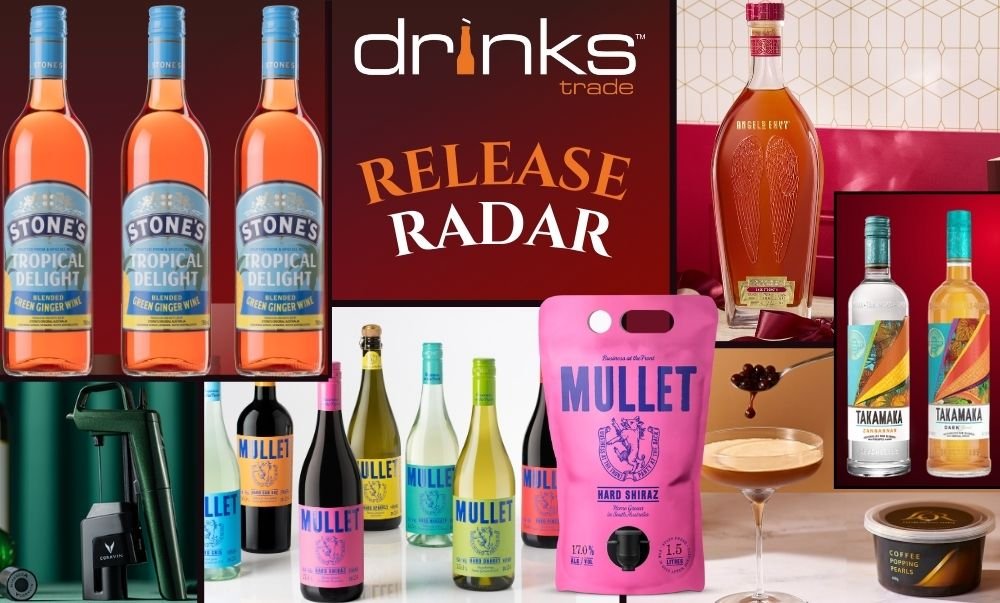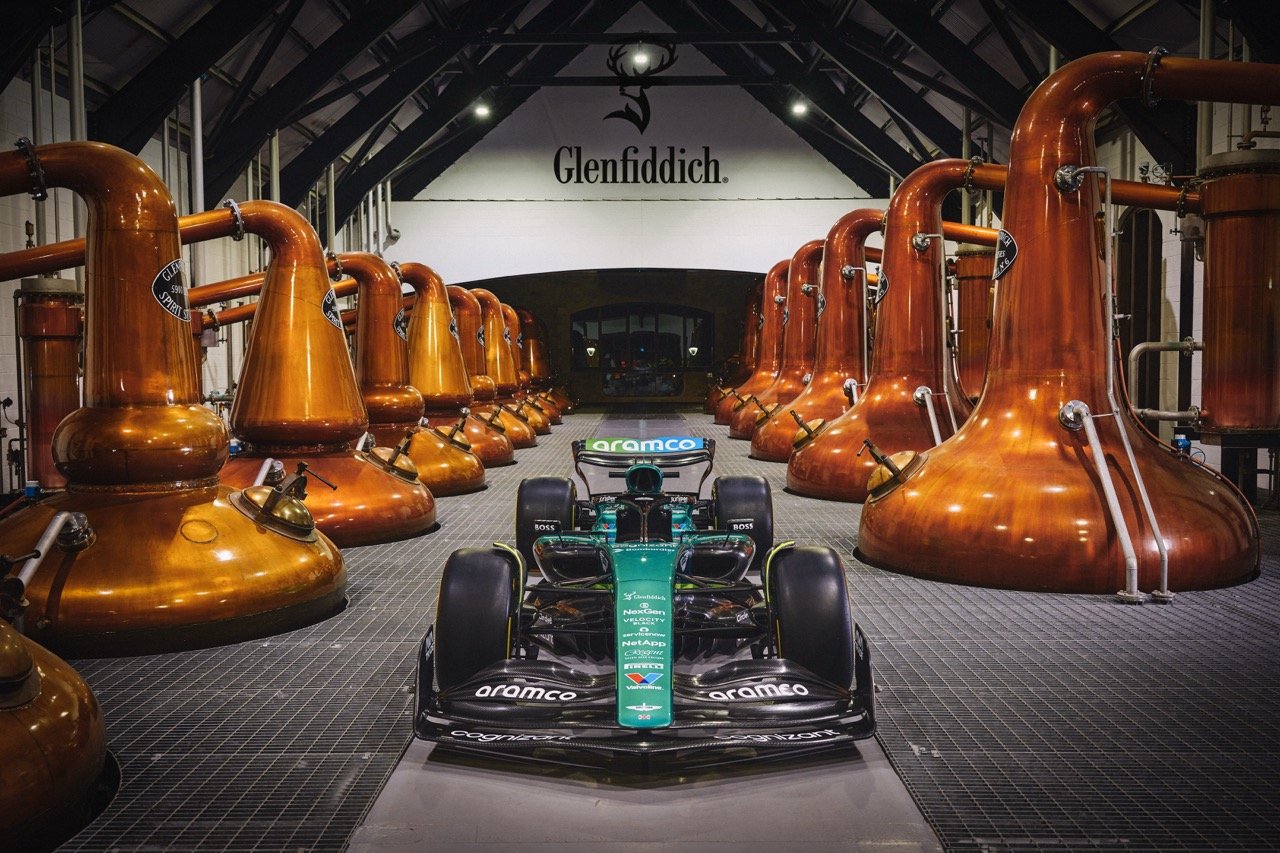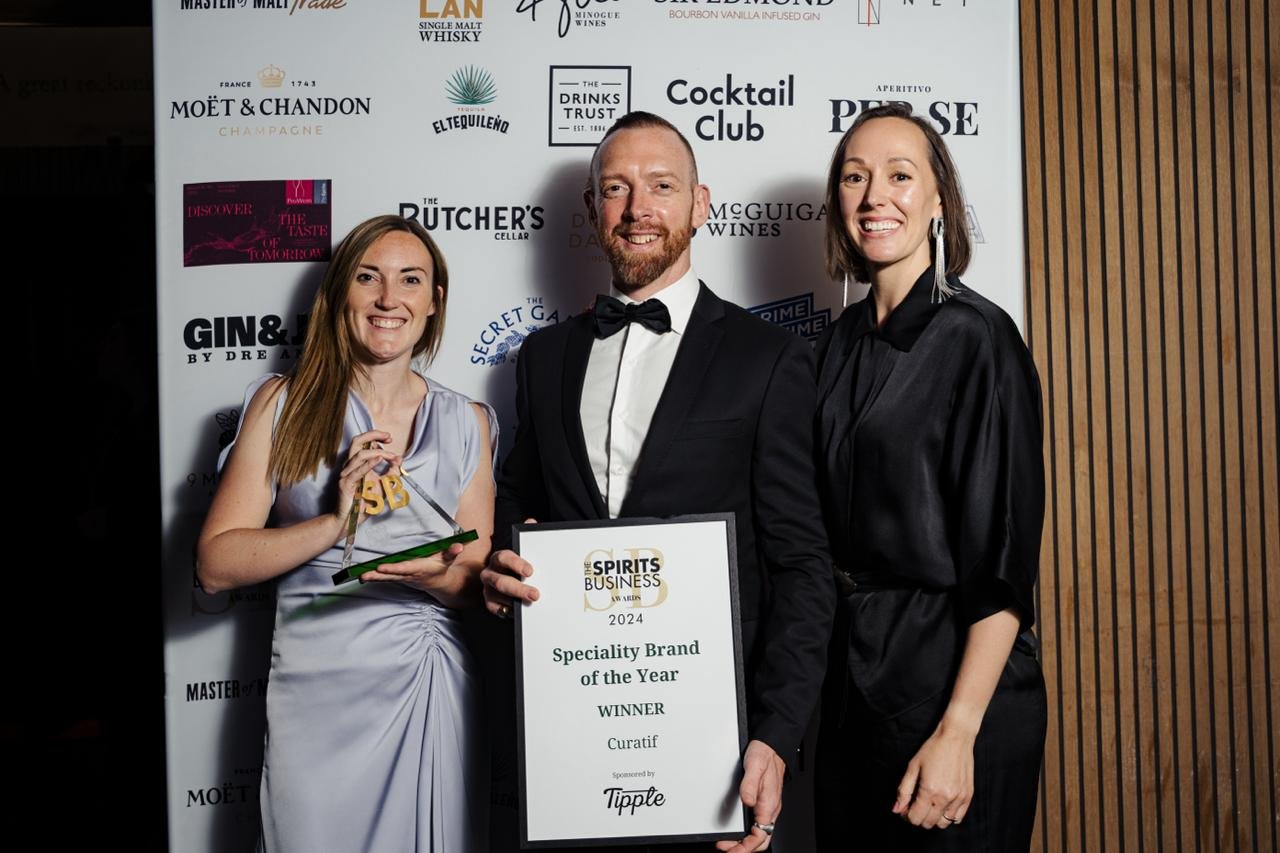In June, Pernod Ricard announced that it would be bringing Skrewball into Australia, marking a continuation of growing momentum for the world’s top selling peanut butter whiskey.
Now that it has been available in Australia for just under six months, Drinks Trade decided to dial in to San Diego to discuss the launch with Steve Yeng, the Cambodian refugee and restaurant owner who Co-Founded Skrewball in 2018 alongside his wife Brittany.
In this chat, Steve Yeng provides insight into:
- Skrewball’s Australian launch,
- how he and Brittany successfully established and expanded Skrewball,
- pipeline innovations such as hot dog whiskey,
- the potential of the flavoured whiskey category, and
- advice he’d give to other spirits start ups.
This is what Steve Yeng had to say:
Drinks Trade: Skrewball was launched in 2018 and was acquired by Pernod Ricard five years later… What are some key business decisions you made that contributed to your growth?
Steve Yeng: One of the things was to really go in there and be a part of bar advocacy, because they are the ones that really supported us and really promoted us when we didn't have any money.
I remember when, even after a year, we were broke [and] we [had] about $3,000 to our name. Then we got national distribution by March of 2020 (I think at that time we had $600,000) and then the world came to an end. But one that really got us to really survive was the bartenders of the industry/the hospital community. What helped us was that we looked at ourselves and thought that the world's coming to an end, let's go out with a bang. We donated half a million dollars to the industry, the bartenders, the servers. There was no stimulus check at the time. And we didn't realise that that year, Skrewball was a top five growth product (and growth in terms of dollar in the US). That was the most highly competitive year. In 2020, everybody saw growth, and we were a top five growth brand.
A lot of people thought that Skrewball was created out of a boardroom and by a big company, but we were just the most mom and pop with no experience. All we were doing was using our common sense… We were the laughingstock of the industry. Many R&D companies, research companies, [and] banks actually laughed their asses off, and then what happened was the bartender connected with us and really supported Skrewball. Once they try it, they smelt it and then they're like, wow, that's delicious.
In less than two years, when we did national launch in the U.S. in summer 2019, we reached 1,000,000 nine litre cases. That was the fastest for any brand over $20. After that, it started a trend of we became the most copied brand.
DT: I understand Australia was chosen as Skrewball’s first global export market... How has the launch been tracking?
SY: Yes. Our first launch outside North America (we were only in [the US], Canada and Puerto Rico) is Australia and New Zealand.
We have a very strong team with Pernod Ricard Pacific: they have one of the best teams out there. [Also], Australia and New Zealand, they're welcoming when it comes to new ventures and new flavours... Then there's the strong influence of American culture. I think that that was the only place for us to go, and we think that that gave us the strongest chance of succeeding.
DT: Despite having claim to being the first peanut butter whiskey globally, Sheep Dog from New Zealand was the first to market in ANZ. How has competition with established brands been?
SY: It actually wasn't that hard for us. That was our biggest fear because we were the world's first peanut butter whiskey, but we were just a mom and pop/it was my wife and I and then with our team of four bartenders. Our total team was 12 people. We didn't have any global reach or anything like that.
DT: Skrewball was recalled in Australia… Can you explain why and how/if that impacted sales?
SY: Regarding the recall, there's nothing wrong with the liquid. Every country has different rules and regulations. It was a simple, small oversight… they were missing a warning label.
Other than that, our retail partners on- and off-premise literally just were like, hey, we're here to help. And I've never seen anything like that. They were just welcoming us with open hearts and were willing to help us out.
It didn't hurt us. Actually, it grew our business even more. Now, the projection is higher than what they thought it would be.
DT: What is the potential for Skrewball and the flavoured whiskey category both in Australia and globally?
SY: We're not really usually sharing concrete numbers… but it blew our expectation of what we thought we would do. But then it blew their, [Pernod Ricard’s], expectations also. Australia and New Zealand consumers have really just embraced us.
We have seen that flavoured whiskey has grown, I think, double digits faster than traditional whisk(e)y; [and] also with new consumers and consumers that aren't really into whiskey.
DT: Here in Australia, bourbon is often considered a point of entry for drinkers that will eventually trade into other whisk(e)y categories, such as Scotch. Do you believe flavoured whiskey could be performing a similar role?
SY: I think that world of flavoured whiskey opens that gateway for them to try it and eventually graduate to a Jameson, Chivas or a Glenlivet.
In the States, (and we're seeing it in other markets), flavoured whiskey is more approachable, especially for female consumers. It's just a little more soft on the palate and not as much of a burn.
DT: Who is the target market for flavoured whiskey products?
SY: Our demographic is the legal age of drinking; male, female, young and old… We tend to lean a little more (about 55% I believe) towards a female demographic, because it's just a little softer on the palate and less of the burn.
Usually, whisk(e)y is pretty intimidating to start - usually, [consumers] start with white spirits or something like that - and so I think that Pernod Ricard’s whole portfolio is very well balanced. And, with Skrewball being in there, I think we kind of feel like a product that is a little high energy and a little more approachable for beginner drinkers.
DT: How does diversity in the flavoured whiskey category look currently and how do you stay ahead of the competition?
SY: There's all these different innovations and stuff, but in the States, I think that our nearest competitors, we outsell them 15 to one… We let the product speak for itself and then run really fun, out of the wall campaigns and ideas.
I think that our weakest point was that we didn't have any resources before Pernod Ricard, and Pernod Ricard is the best in the industry with the resource and global reach.
DT: In Australia, Top Shelf International recently launched a whisky liqueur inspired by Anzac biscuits, a distinctly Australian flavour… Would you consider peanut butter a ‘US flavour’?
SY: We felt like peanuts and peanut butter is pretty universal… [Also], peanut butter in the States is one of those humbling food, right? The rich and the poor, the young and old, if they grow up with peanut butter, they're more likely to go on eating peanut butter.
What really helps us is that taste of familiarity that all countries have something [similar], for example, the Snicker’s bar, or the Reese's. Even in Asia, what we grew up with, it was a good luck candy that had peanut, caramel, and some sesame… So when they try [Skrewball], it tastes like a grown up version.
DT: Would you ever consider releasing market-specific SKUs in the future?
SY: When it comes to Pernod Ricard, they really encourage innovations, and I know that the Pernod Ricard Pacific, which is Australia and New Zealand, are the best when it comes to RTDs and our flavour profile. When I visited, I’d never seen more different flavours and RTDs in the market.
The one thing that we promise is that we're not going to do a me too type of product. If we're going to do something to a brand extension of Skrewball, it’s something that would be unique and different that hasn’t been on the market before.
DT: Any insights as to what that might be?
SY: We're working on a bunch; and some really crazy ideas like a hotdog flavoured whiskey, but that would just be more like a one-off thing for 4th of July or something… I haven't run that with Pernod Ricard, but, you know, they're pretty entrepreneurial and give us a lot of flexibility.
DT: Do you have any advice for other emerging spirits/liquor producers?
SY: Knowing what I know now, you have to have the guts. You got to have the stomach. Because, like I said before, throughout history, a lot of those ideas start with someone that's considered crazy. You have to have that passion and resilience to withstand all the [criticism]. Then, eventually you're going to have your friends, your family, see how passionate you are, and then they'll come in and support you. Eventually they want to make that idea become reality.
You'll have many bumps and setbacks, but don't take those setbacks as something that's negative, but as an option to meet new people, learn a new skill, take any opportunity. Eventually you're going to be landed where you were always meant to be, because then you have to do something that stands out/something different because there's thousands and thousands of different liquors out there. What do you do to stand up above the crowd? You can't just come with another vodka. You can't come with another and another like different spirits. But also you can't just create something.
The Gen Z, the Millennials: technology is in their palms. They need to look at it and find authenticity, then they want to really just back or support a brand that actually aligns with them. It has to be authentic.
DT: Lastly, what’s next for Skrewball?
SY: We would still love to invest, and contribute, into New Zealand, Australia… We want to now bring back our commitment that wherever we are at in any country we launched, we don't just want to take, we also want to get back. So I think we want to really go in there and support the community that have already supported Skrewball.
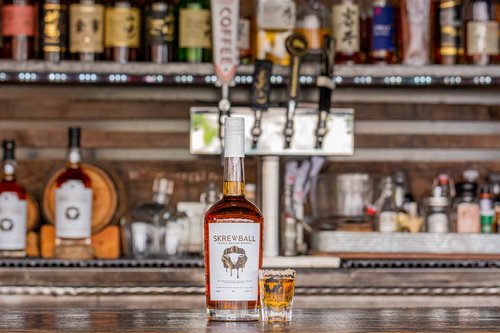
Pernod Ricard invests further in American whiskey with new global brand company
Interview: Australian opportunity for premium bourbon with Angel’s Envy Master Distiller
Interview: Three-time World’s Best RTD Producer gives insight into building a successful brand
Share the content
